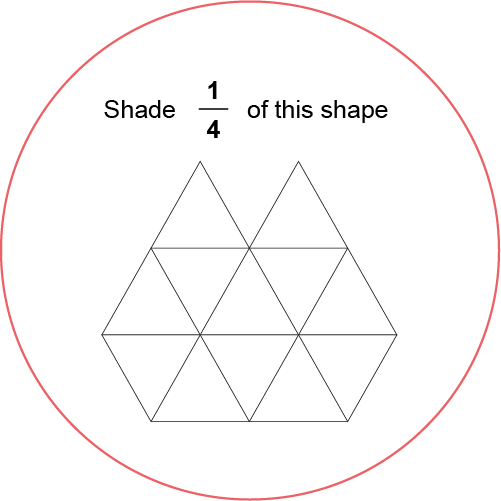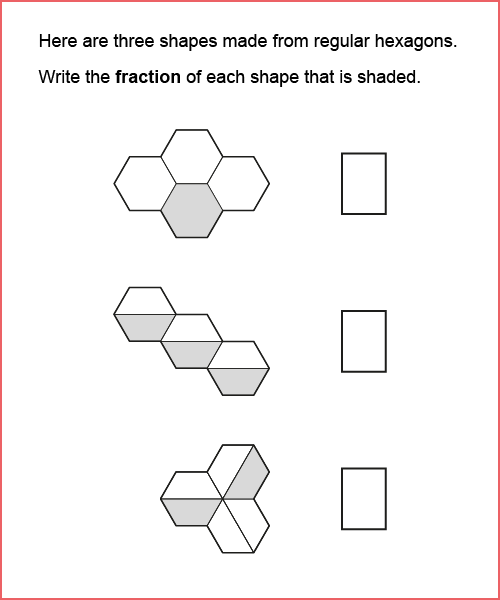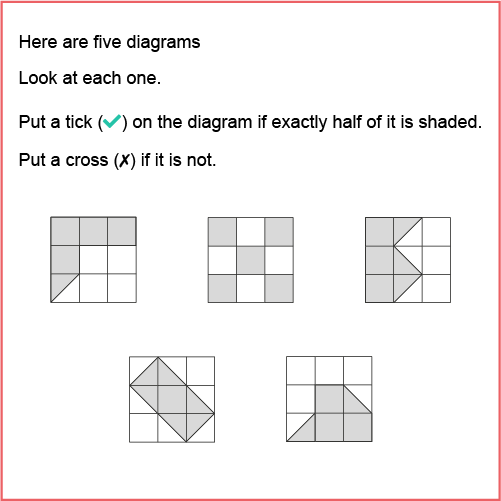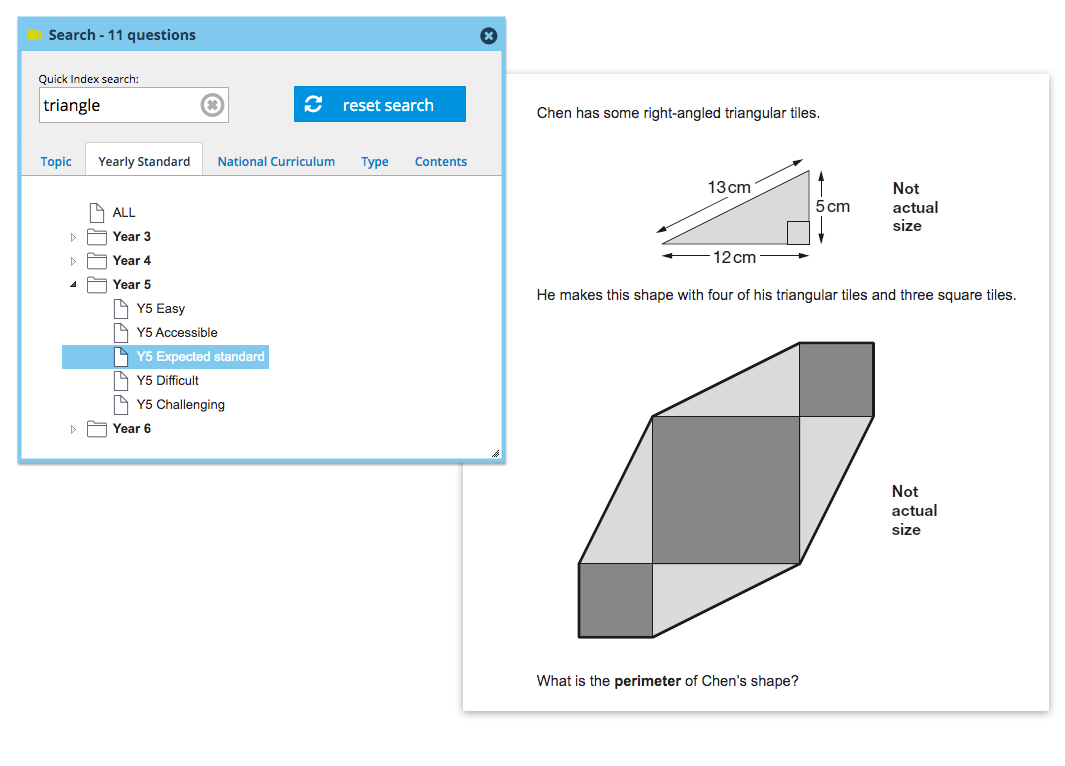1. Envision proficiency
Planning for Assessment for Learning
Assessment judgements should always consider children’s ability to apply their skills and understanding. To accurately evaluate the extent of each pupil’s knowledge and ability, teachers need to know what proficiency looks like.
We consider that a mathematical concept or skill has been mastered when a pupil can:
- generalise it – they can represent it in multiple ways;
- communicate related ideas using mathematical language;
- independently apply it to a problem out of context.
A child might be considered to be a proficient reader when they can read with:
- speed;
- accuracy;
- expression;
- understanding.
Developing comprehension skills is of utmost importance as this means they are attributing understanding to the words, sentences and paragraphs they have read. Inference and deduction skills are typically the hardest skills to teach and learn; there are plenty of examples of these within Testbase (reading by content domain).
Proficiency in science might be defined by a child’s ability to:
- ask their own questions and work scientifically to answer them;
- interpret information and spot errors and anomalies in data;
- use subject specific language, knowledge and understanding to explain, connect and refute ideas.
Again, the questions in Testbase require pupils to retrieve their knowledge in familiar and unfamiliar contexts. They also require pupils to show an understanding of the key scientific investigation skills.
As such, learning objectives and success criteria should require children to achieve a deep understanding of a concept. Questions that assess children’s depth of understanding at different points of the learning sequence should be identified at the start for a shared understanding of success. Actual test questions offer support in doing this.


How does Testbase support you?
You can be confident that National Curriculum test questions are high quality. The rigorous process by which they are created ensures that they assess exactly the skill or objective they set out to assess.They offer clear expectations or outcomes for an objective thereby helping teachers to judge whether children are meeting age-related expectations.
What are the key benefits of using past SATs questions?
Past SATs questions are an invaluable assessment tool in that they …
- offer clear expectations or outcomes of an objective;
- require pupils to apply their skills and understanding;
- provide a range of representations of a concept;
- give teachers examples of how reasoning may manifest itself;
- supply opportunities for teachers to create their own high value activities through adapting ideas and approaches.

Example
Consider, when teaching the topic of fractions do we as teachers systematically ask our children to identify fractional parts of unusual shapes?
Look at these examples from past test questions (click image to enlarge):
By offering suggestions on how the concept may vary in its representation, past national curriculum test questions support children in developing a deeper understanding of the concept. This can give teachers ideas of how to represent the concept in future lessons.
“These questions are an invaluable assessment tool in that they give clear evidence of what is expected of children.”



